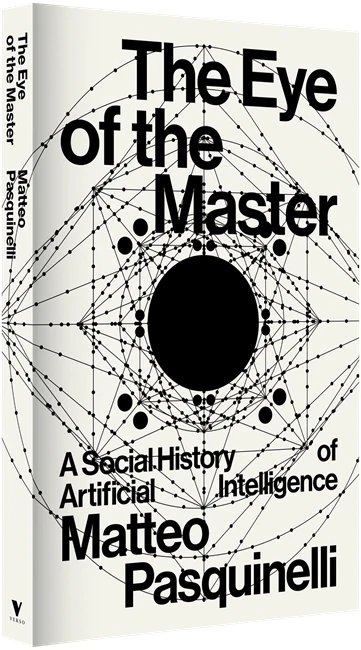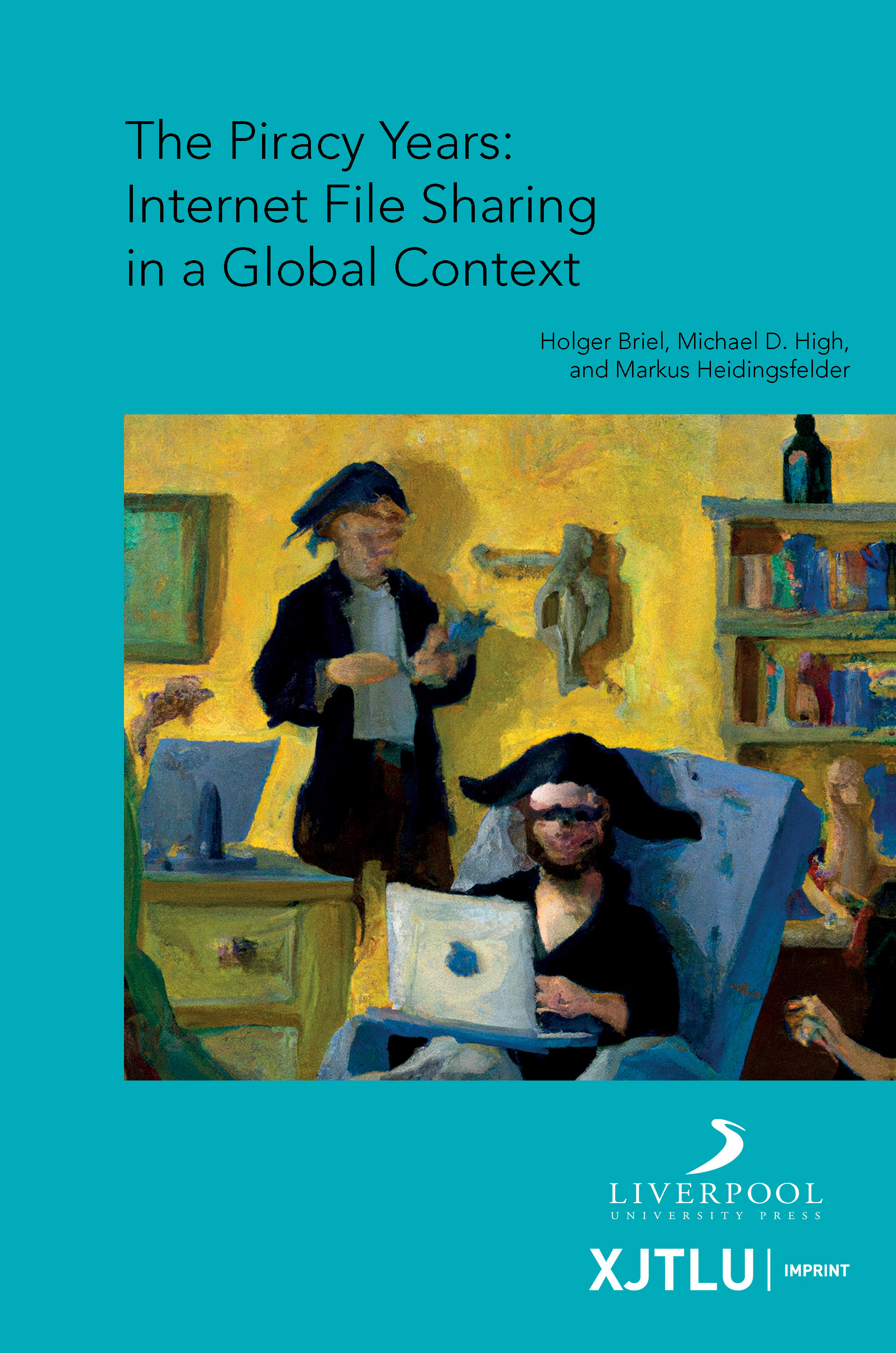30-Second Book Review No.3: Matteo Pasquinelli, The Eye of the Master: A Social History of Artificial Intelligence
 Wednesday, April 17, 2024 at 11:20AM
Wednesday, April 17, 2024 at 11:20AM No.3
Matteo Pasquinelli, The Eye of the Master: A Social History of Artificial Intelligence (London: Verso, 2023).
Prompt

Write a powerful monograph that provides a sociotechnical history of AI and a performative illustration of algorithmic thinking.
DO foreclose the question of the politics of artificial intelligence in advance by basing the book on the 19th century labour theory of automation.
DO NOT view machine intelligence and algorithmic practices as having the potential to open an undecidable space in which radically transformative questions can be raised for otherwise ossified conceptions of politics, technology and labour.
DO approach AI by reiterating pre-programmed ideas from the history of progressive thought: ‘ideology’, ‘dialectic’, ‘praxis’, ‘materialist critique’ and so on. In particular, see the design of intelligent machines as following the schema of the division of labour and its metrics.
 Gary Hall | Comments Off |
Gary Hall | Comments Off | 

